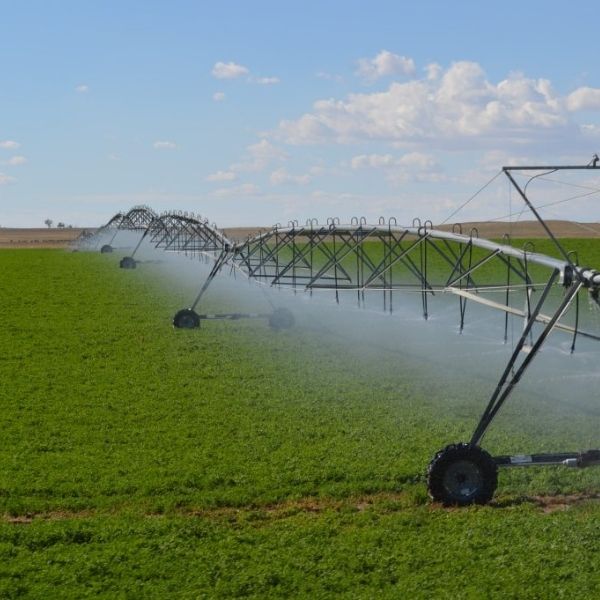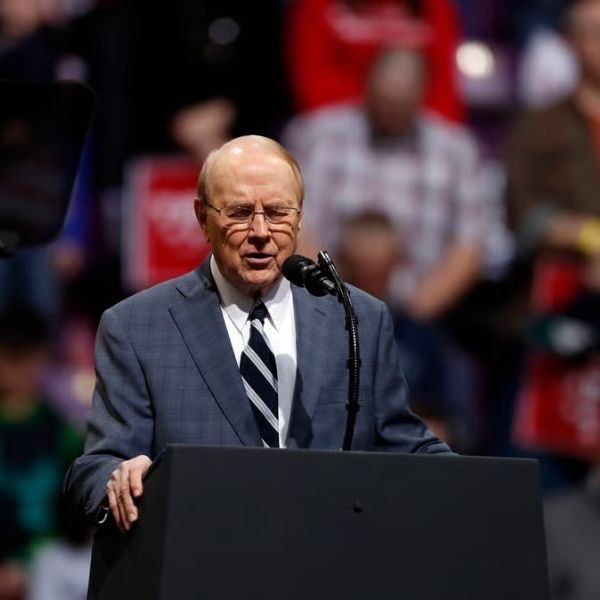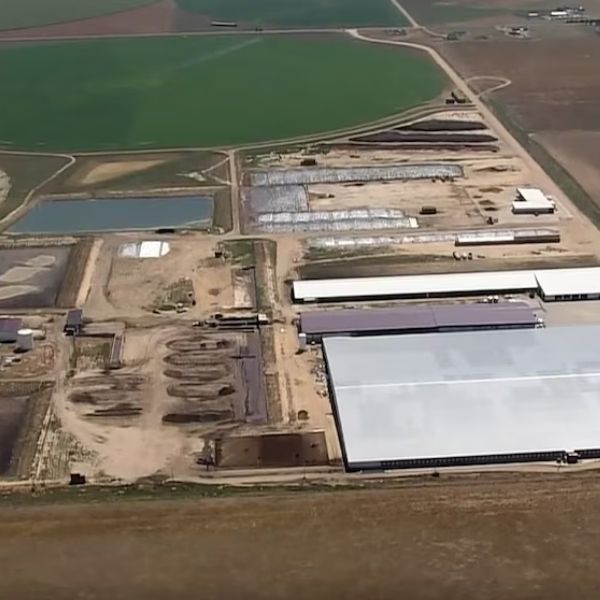Nebraska has filed a lawsuit with the U.S. Supreme Court targeting Colorado’s long-standing practice of water augmentation in the South Platte River Basin.
The suit claims Colorado is violating the 1923 South Platte River Compact, which requires both states to maintain a reliable water supply flowing from Colorado into Nebraska during the irrigation season. It also accuses Colorado of blocking Nebraska’s effort to build the Perkins County Canal, a project specifically included in the compact.
Colorado water officials warn that if Nebraska builds the canal, it could dismantle more than 50 years of augmentation in Water District 64, which runs from western Washington County, Colorado, to the Nebraska state line.
Nebraska: Augmentation is the problem
Nebraska officials argue augmentation itself is to blame. In an Aug. 7 op-ed, spokespersons from six of Nebraska’s 23 Natural Resources Districts compared the practice to “robbing Peter to pay Paul.”
“The fact is that the Perkins County Canal will call out the water Colorado’s augmentation plans rely on to take Nebraska’s summer irrigation water,” the piece said. “In plain terms, Peter will be broke and won’t be able to pay Paul. That water will instead flow downstream into Nebraska — just as the compact intended.”
Nebraska’s 55-page Supreme Court complaint labels augmentation illegal and a violation of the compact. The filing argues Colorado allows junior well owners to pump water during irrigation season if they divert water to recharge ponds in the non-irrigation season, assuming it will percolate back into the aquifer and reach the South Platte in time for senior users downstream.
Kent Miller, general manager of the Twin Platte Natural Resources District, doubts the system works. “Those plans have not been working, and I base that on the fact that the Western Irrigation District rarely receives what it’s supposed to receive,” he said.
Dispute over return flows
Devin Brundage, general manager of the Central Nebraska Public Power and Irrigation District, said Nebraska has limited options to increase its South Platte supply. He noted that while return flows do add water to the river, the timing and volume depend heavily on local geology.
“When the compact was negotiated, we anticipated Colorado would continue to do surface irrigation. We know that applying water to fields would result in return flow,” Brundage said. He added that Nebraska gave up other rights except the right to build the Perkins Canal, and pointed out augmentation is not in the compact.
“All we see is what water shows up at the state line,” he said. “When we look at data from 1969 (to the present) those numbers have gone down steadily.”
Colorado’s reliance on augmentation
Understanding augmentation requires seeing the river as more than just surface water. The South Platte is also an aquifer — a vast underground system of sand and gravel, sometimes 15 miles wide and up to 200 feet deep. Irrigation in the 19th and 20th centuries deepened the aquifer and made the river flow year-round.
In 1922, Ralph Parshall documented how seepage from irrigation and ditches added an average of 750 cubic feet per second along the river’s lower reach. Later, the “Glover equation,” published in 1954, quantified how pumping affects river flow.
By 1969, Colorado water managers decided those studies justified augmentation: if water was pumped into recharge ponds in the winter, it would return to the river later, offsetting irrigation pumping.
Nebraska rejects the premise
Nebraska disputes the science, arguing augmentation is based only on assumptions, not real-time verification. The lawsuit even cites two Colorado Supreme Court cases — Empire Lodge Homeowners’ Ass’n v. Moyer (2001) and Simpson v. Bijou (2003) — that questioned augmentation’s validity.
Nebraska’s bottom line: irrigation wells are junior to nearly all other rights, especially the compact. Since augmentation isn’t mentioned in the 1923 agreement, Nebraska argues the only number that matters is 120 cubic feet per second crossing the state line.
This article has been carefully fact-checked by our editorial team to ensure accuracy and eliminate any misleading information. We are committed to maintaining the highest standards of integrity in our content.

Katie is a senior who has been on staff for three years. Her favorite type of stories to write is reviews and features. Katie’s favorite ice cream flavor is strawberry.















Leave a Reply